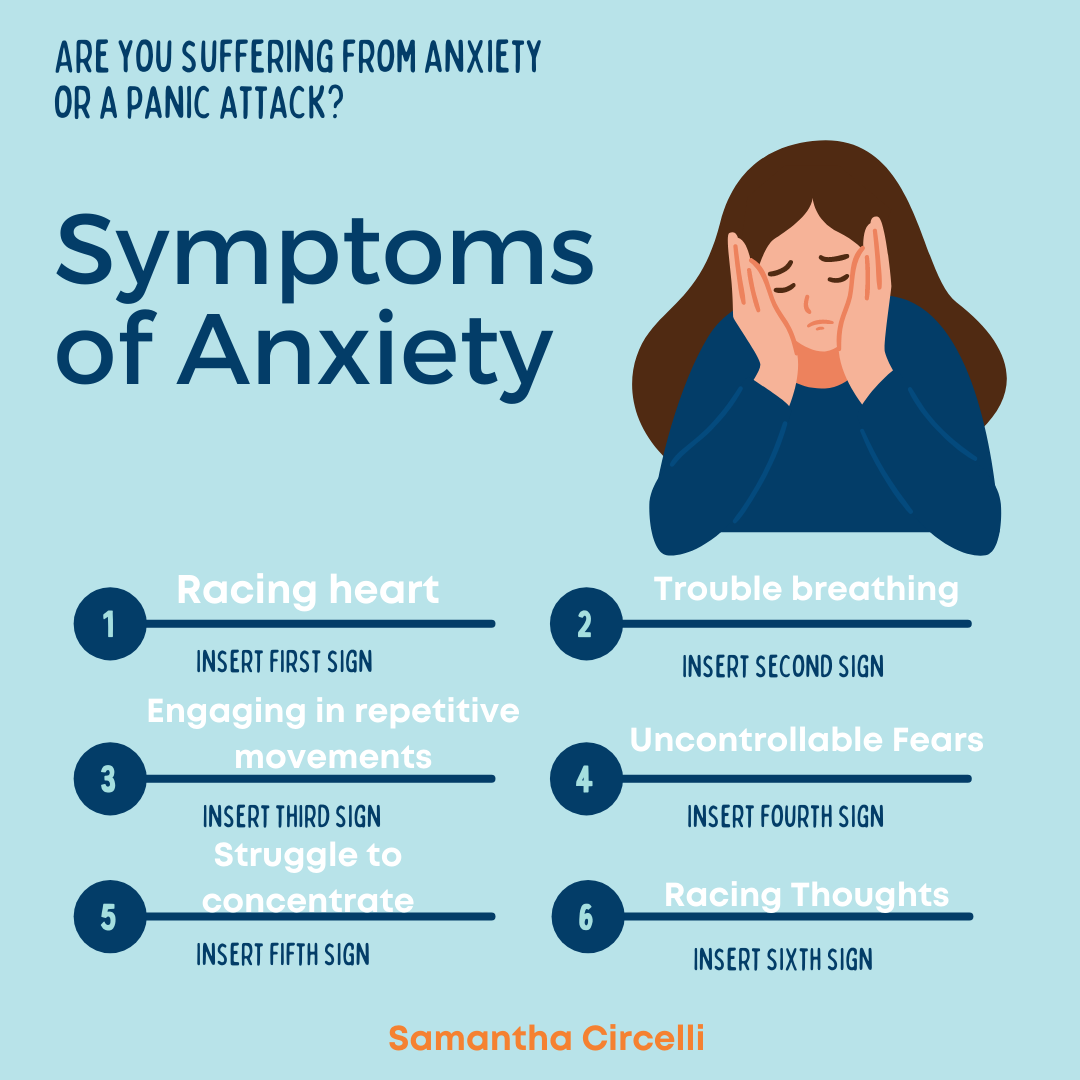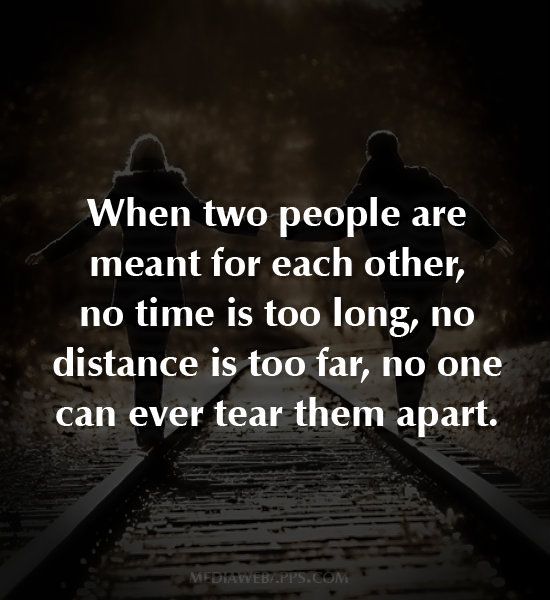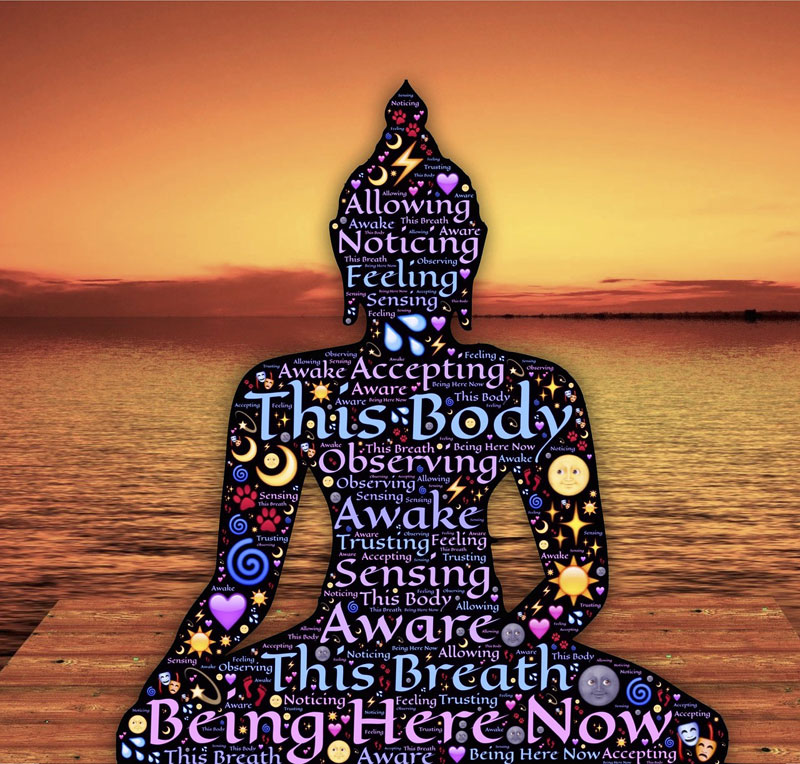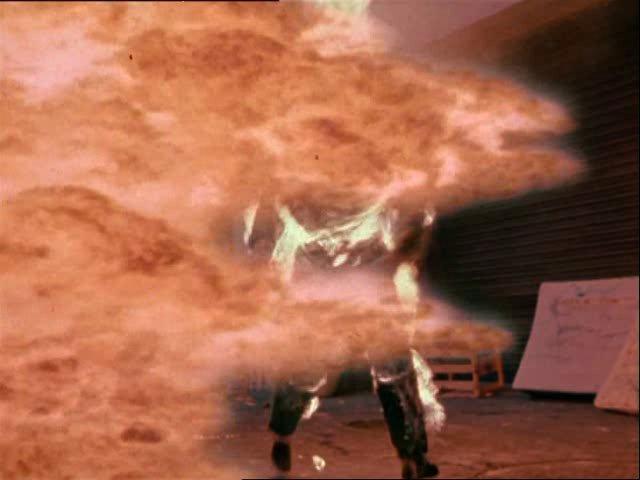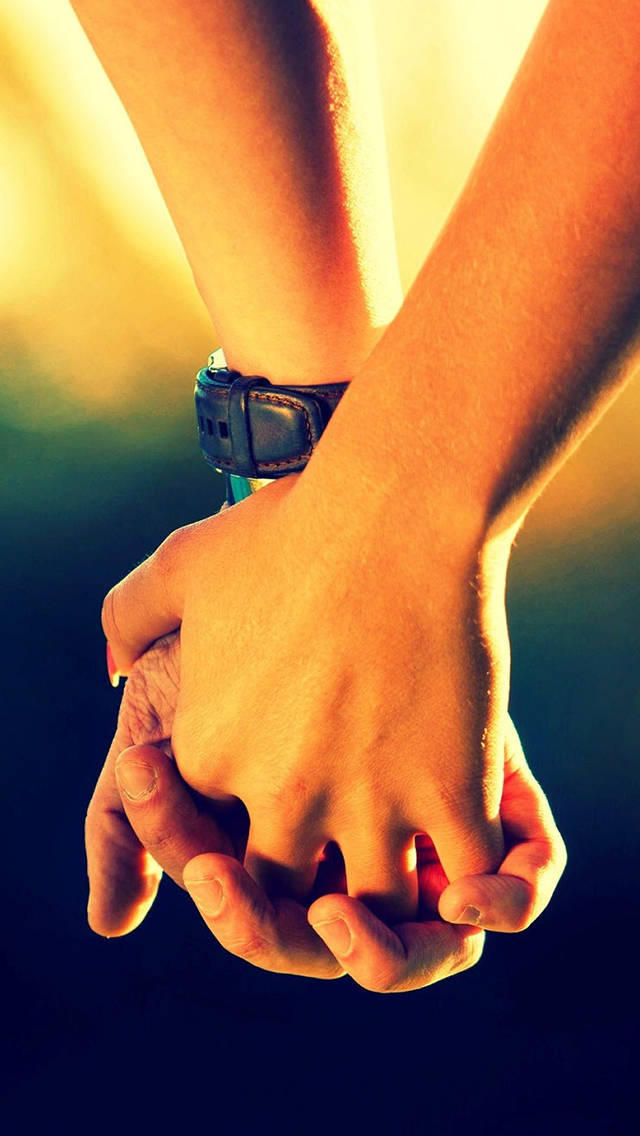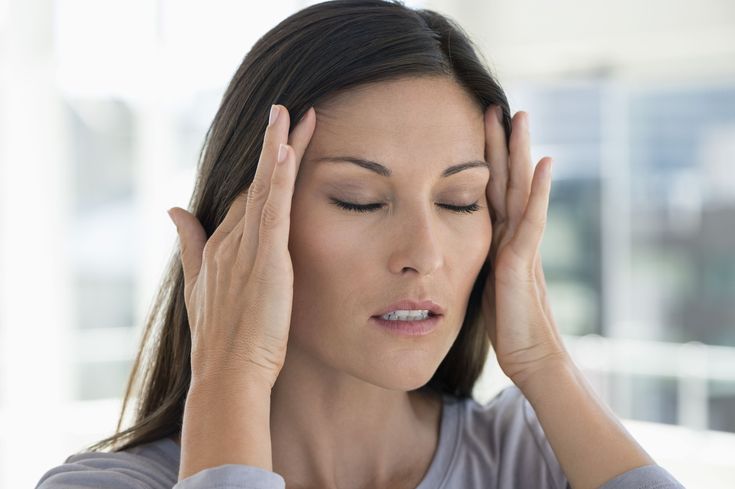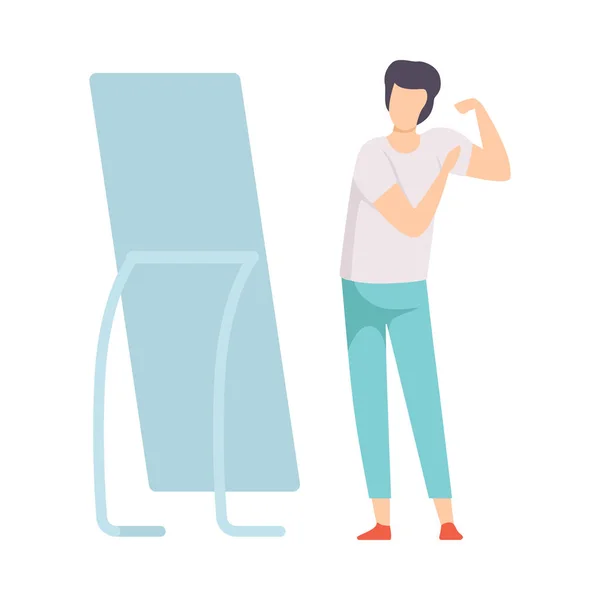Anxiety makes me tired
Does Anxiety Make You Tired?
If you often feel anxious, you may recognize this emotional pattern: Something stresses you, a test, a bill, a conflict — and the anxiety begins.
It builds and builds while the physical symptoms — the racing heart, the quickened breath — intensify. And as soon as the stress stops, CRASH. You’re suddenly so tired you could collapse and sleep right on the spot.
Even when anxiety is low-grade or long-term rather than the peak-and-plummet kind, it’s often accompanied by a feeling of exhaustion.
Are anxiety and fatigue interrelated somehow? Here’s what science says about the connection between the two.
Anxiety is a feeling of fear, dread, or apprehension. It can be brought on by a stressful event or by the way you think about an event. Sometimes people feel anxious even when there doesn’t seem to be an external trigger at all.
When you perceive a threat, your hypothalamus, pituitary, and adrenal glands release a torrent of hormones to prepare you to fight, flee, or freeze. In response, you might feel any or all of these physical symptoms:
- shaking
- quickened heart rate
- chest pain
- fast, shallow breathing
- dry mouth
- muscle tension
- dizziness
- nausea
- diarrhea
Given the surge of hormones and the intensity of these symptoms, it isn’t hard to imagine why you’d feel tired after a bout of anxiety. You might feel relieved, drained, or even exhausted.
Most of the time, a good night’s sleep is enough to restore your energy levels. Sometimes, however, the tired feeling doesn’t go away as quickly as you’d like.
Fatigue is a persistent feeling of being either mentally or physically tired. It may feel like a lack of energy, a lack of motivation, or a lack of strength.
The National Health Interview Survey put out by the Centers for Disease Control and Prevention found that women report feeling fatigued more often than men.
It can be brought on by any number of physical conditions, including:
- cancer
- arthritis
- diabetes
- sleep disorders
- stroke
- infections
Fatigue is also associated with a fair number of psychological conditions, including:
- grief
- work-related or financial stress
- depression
- anxiety
Is it adrenal fatigue?The term adrenal fatigue is sometimes used to describe a feeling of tiredness that comes from chronic stress and anxiety.
Some claim that your adrenal glands (two small glands that produce stress hormones) can become worn out by all the upheaval.
A 2016 review of 58 studies concluded that there’s no current research to support the existence of adrenal fatigue. That doesn’t mean your feeling of exhaustion isn’t real. It simply means the reason may not be that your adrenal glands are depleted.
Anxiety can cause you to lose sleep, either because you have trouble falling asleep when you first lie down, or because worries wake you up when you’d otherwise be sleeping. If that’s the case, you may be feeling extra tired during the day.
The relationship between sleep and anxiety is complex. Anxiety can disrupt your sleep and the lack of sleep can eventually make you more anxious. In a 2019 study, people with insomnia were 9.8 times more likely to have anxiety than the people in the study who didn’t have insomnia.
The night shift and anxietyStudies show that people who work the night shift are at a high risk for sleep problems because their sleep cycles (circadian rhythms) are disrupted.
The disturbed sleep pattern makes shift workers more vulnerable to anxiety disorders.
Chronic exposure to stress changes your brain and your body in mostly negative ways. Researchers have found that when you’re exposed to long-term stress and anxiety, it can:
- harm your memory
- affect your judgment
- lead to mood disorders
- suppress your immune system
- cause heart problems
- disrupt your gastrointestinal system
Long-term anxiety and distress are also associated with chronic fatigue syndrome, a condition that makes you feel tired no matter how much rest you get.
If stress and anxiety have left you tired, there are remedies and activities that may help revive you. Here are a few:
- Try revamping your sleep practices. A cool, quiet sleeping space, a regular bedtime, limited naps, and relaxation techniques are key — along with curbing your caffeine and powering down your screens an hour before bed.

- Get regular exercise. Exercise reduces anxiety sensitivity and promotes healthy and restorative sleep.
- Meditate. Relaxation techniques like meditation and mindfulness can help quiet your mind, regulate your breathing, and lower the amount of stress hormone in your bloodstream.
- Trim the crash-causing foods from your diet. Whole, unprocessed foods, such as lean proteins, bright fruits and veggies, nuts, seeds, and complex carbs, can give you sustained energy. Foods high in saturated fat and sugar are associated with higher anxiety levels, studies show.
- Talk to a therapist. A psychologist or counselor may be able to help you identify your anxiety triggers and develop coping skills that lead to less anxiety and greater relaxation.
- Consider medication. Talk to your healthcare provider about whether your symptoms warrant treatment with anti-anxiety medication.
When to seek medical helpIf anxiety is interfering with your sleep, your relationships, or your ability to function throughout the day, it’s probably time to talk with a healthcare provider about it.
Anxiety can cause serious health problems if left untreated too long, so it’s a good idea to reach out to a health professional to help you identify any underlying causes and come up with a workable treatment plan.
Anxiety causes a hormonal rush that can leave you feeling drained and tired. The crash is probably temporary, but the feeling of exhaustion lasts. Even after you’ve gotten some rest, you may be experiencing fatigue.
Chronic anxiety and fatigue go hand in hand. Anxiety could be interfering with your ability to sleep at night, which can worsen your daytime sleepiness and could lead to other health problems.
To help your body recover from short-term or long-term anxiety, you may want to try relaxation techniques, regular exercise, healthy eating, and good sleep hygiene practices. A healthcare provider may recommend psychotherapy or medication if you just can’t shake that post-anxiety malaise.
Symptoms, Causes and Proven Ways to Relieve Your Fatigue
Anxiety is naturally tiring because it causes ups and downs in your energy levels, which can leave you feeling incredibly drained. Some people feel tired throughout the day, while others feel tired only after an anxiety attack. Others feel extreme fatigue, finding they need to take frequent naps in order to regenerate or feeling as though they can’t focus on life.
Some people feel tired throughout the day, while others feel tired only after an anxiety attack. Others feel extreme fatigue, finding they need to take frequent naps in order to regenerate or feeling as though they can’t focus on life.
Feeling tired is a natural bodily reaction that is often caused by stress and anxiety. In this article, we’ll explore the origins of tiredness related to anxiety and what can be done to fight it.
Causes of Tiredness
Tiredness is natural in life, especially if you are not getting enough sleep; but if you have anxiety, you may end up feeling more exhausted than is normally expected.
Many factors may explain why your anxiety is making you tired. The most common ones include the following:
Post-Anxiety Crash
The main reason has to do with the crash you feel after your adrenaline runs out. The official name for this phenomenon is adrenal fatigue. Anxiety is like being on high alert. Your body is preparing you to fight or flee; and so it is flooded with energy so that you can respond to a threat. Then, when that adrenaline runs its course, your body goes through a crash that can leave you feeling drained.
Then, when that adrenaline runs its course, your body goes through a crash that can leave you feeling drained.
Post Muscle Tension
Anxiety causes profound muscle tension throughout the day, and this often results in a similar “drained” feeling: your body feels tired.
Mental Tiredness
Some of that tiredness is entirely mental simply because your brain — like a muscle — can run out of strength. Anxiety is linked to ongoing, stressful thoughts and an overactive brain. It taxes your cognitive capacities, leading to a drain on your ability to think and react. It also increases your emotional load (due to distressing thoughts), which means you end up emotionally and mentally drained. So it should come as no surprise that all those thoughts make your body tired to the point that it wants you to rest.
Coping
Becoming tired is sometimes a coping mechanism that your body uses to prevent you from experiencing severe stress. Tiredness motivates you to take a break and rest rather than exposing yourself to more anxiety, which could become even more overwhelming.
Inappropriate Naps
Do you often nap during the day? Napping can help you overcome fatigue and reduce anxiety, making it a useful habit in many ways. But too much napping makes it harder to sleep at night, which in turn may increase your anxiety. Naps should ideally last less than 20 minutes to avoid sleep difficulties at night.
Sleep Issues
Many people with severe stress and anxiety also develop serious problems sleeping, for instance, difficulty falling asleep, nocturnal waking (waking up at night without realizing it), and reduced quality of sleep. All of this contributes to an overall lack of sleep, which causes tiredness.
Depression
Finally, anxiety can cause temporary or full depression, especially after an anxiety attack. Depression is linked to a huge loss of energy; and that makes it extremely hard to stay alert throughout the day. If you struggle with depression, it may also be worth speaking with someone to see if you qualify for a diagnosis of major depression, for which treatment might be necessary.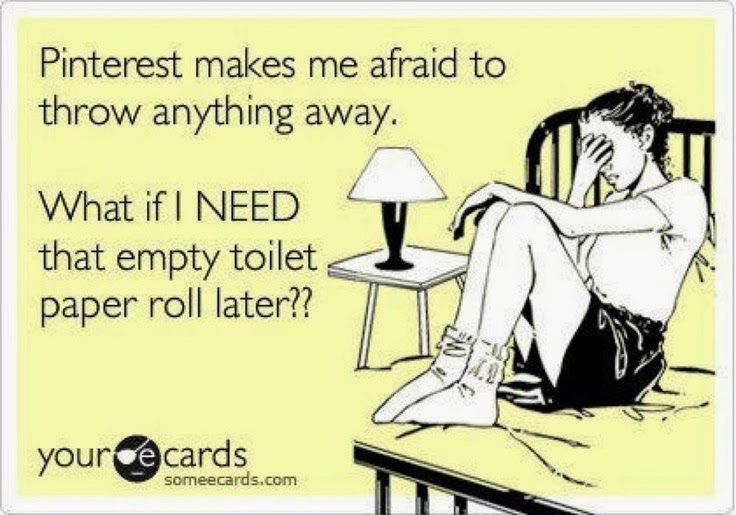
All of these are contributing factors that explain why tiredness may be linked to anxiety, and they don’t even include the hormonal and neural changes that occur during times of severe stress.
What You Can Do To Stop Tiredness
Stopping tiredness is difficult because tiredness is your body’s way of promoting rest when it feels it needs a break. Drinking coffee is one way of doing this, but ideally, you don’t want to do it because it can make your anxiety symptoms worse and make it harder to sleep restfully at night.
The following are some approved ways to address tiredness:
- Taking SHORT Naps: Long naps can be problematic for your sleep needs, but short naps of 20 minutes or less can help your body regain some much needed energy.
- Sleep Hygiene: The National Sleep Foundation recommends “sleep hygiene” tactics to make it easier to get rest, including avoiding any caffeinated food and drink near bedtime, exercising during the day to promote sleep quality, avoiding heavy and rich food before bed, and getting adequate exposure to natural light.
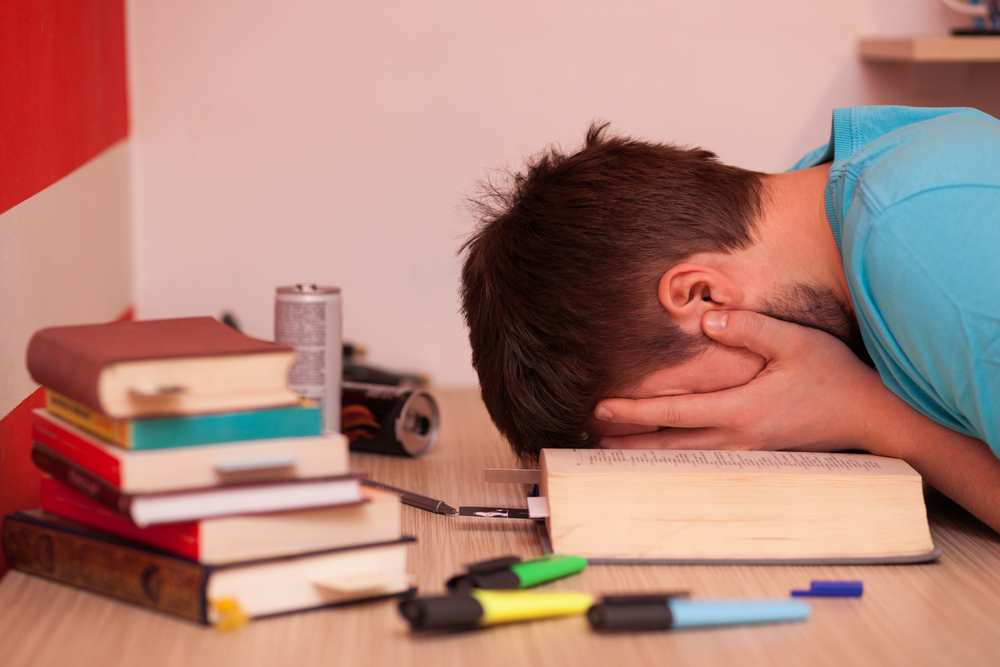
- Engage in Relaxation Strategies: Utilizing relaxation strategies can be valuable for reducing tiredness. Using practices like deep breathing and progressive muscle relaxation can reduce stress during the day so that you are less drained overall.
Finally, the most important change to make is to prioritize reducing your anxiety. Tiredness is much easier to prevent than it is to stop. That’s why you need to take steps to start controlling your anxiety better. The less intense your anxiety is, the less tired you should feel.
SUMMARY:
Anxiety not only causes feelings of tiredness as a symptom - it also causes changes to how your body operates that can make you genuinely sleepy. Often times, the solution involves simply getting rest, as your body is telling you it is tired because it needs to recharge after a day of struggling with anxiety. If the goal is to be less tired, then the only way is going to be to reduce anxiety and its symptoms.
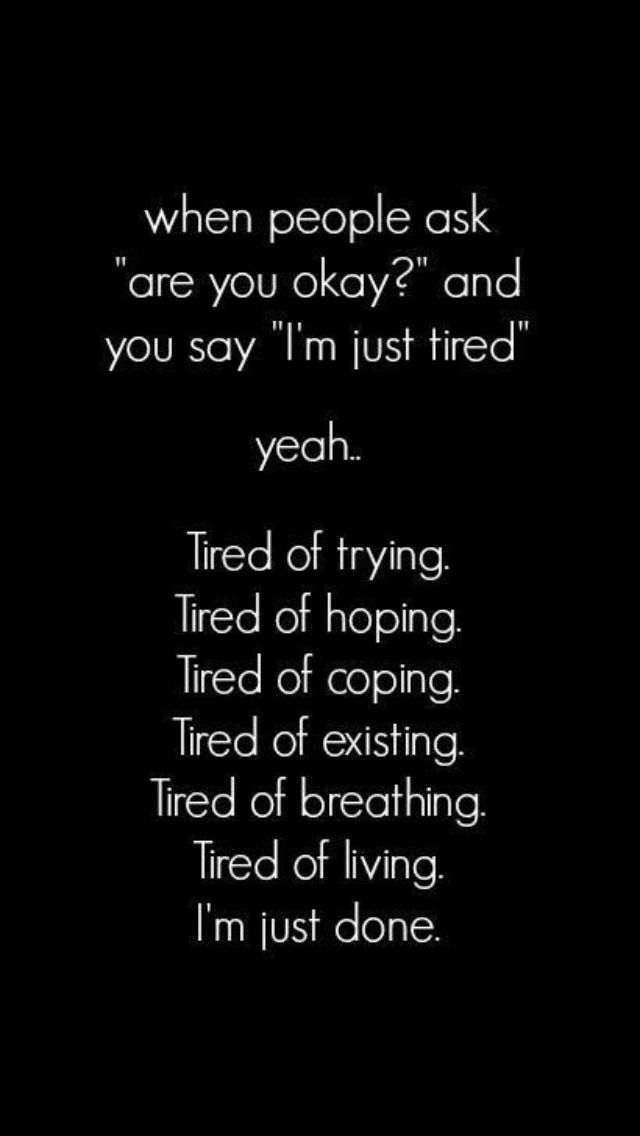
Was this article helpful?
- Yes
- No
how to tell if you're overtrained
We all want to train hard and get better in the sport we love - it goes without saying. There is nothing better than to see the fruits of your efforts - the best results in races, personal bests and victories.
The problem is that due to excessive enthusiasm, we often overestimate our own strength, which leads to overwork, which does more harm than good. We asked British rowing coach Dan Harris to tell us about the signs of overtraining.
1. Heart rate fluctuations
"We always track our resting heart rate against a certain standard," says Harris, explaining that it's best to measure your resting heart rate immediately after waking up.
How running helps us
© Getty Images
"If he's 10 (or more) beats over the limit in the morning, we cancel the workout for the athlete - we might even send him home," he continues, "for 7 beats or more, and we change the program, reducing the intensity and load.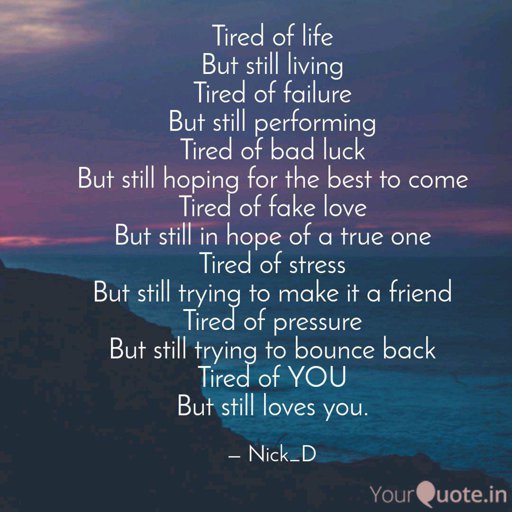 If the athlete has a common cold or general overwork, we lighten the training for one or two days or cancel it altogether. "
If the athlete has a common cold or general overwork, we lighten the training for one or two days or cancel it altogether. "
2. You are not able to perform the exercises as usual
Everyone has had days or even weeks when they did not manage to achieve the expected results. Harris says this is a clear indicator of overtraining.
Add some zen to your swimming
© Gines Diaz/Red Bull Content Pool
"When you're overtrained, regular exercise gets a lot harder," he says. “If this happens once, it’s okay: you might just be too tired from the last workout,” continues Harris. "However, it's worth paying attention to this decrease in low-intensity performance because it's much more indicative of overall fatigue than failure to do HIIT (high intensity interval training)."
3. You feel overwhelmed
Harris explains that fatigue is both physical and psychological. Overtraining can cause you to experience both types of fatigue (which is often what happens).
Eksempel på udmattelse
© Kelvin Trautman / Red Bull Content Pool
"In my opinion, mental fatigue takes a toll on training—you just can't concentrate on the important things," he says. "However, the soreness after a workout can last longer than usual, so it takes more time to recover. All this only increases the feeling of fatigue!"
4. Poor sleep/insomnia
You may find it easier to fall asleep after exercising too much due to fatigue, but it's important to understand the role that sleep quality plays.
Søvn er den bedste restitution for kroppen
© Beartooth
"Overtrained athletes feel sleepy all the time, not just at night, as it should be," says Harris. “For example, they can sleep for quite a long time during the day to “recuperate”, but then they will not be able to sleep when necessary. In general, failure to follow normal, natural sleep cycles negatively affects the recovery of the body,” he explains.
5.
 Bad mood
Bad mood When you take training seriously - whether you're an amateur or a professional - it inevitably affects your thoughts and overall mood. It's a double-edged sword: the endorphins from successful workouts are balanced by the frustration of unsuccessful ones.
Tanya Seagrave dedicates a lot of her time to fitness outside of the season
© Dave Mackison
Harris explains: "If you're unhappy with your workout, it can be a direct result of being tired, but I think that happens when training gets boring. It happens It's hard to say what the real reason for your bad mood is, but even if you cancel a workout to recover, your bad mood won't go away instantly, but that's okay - after all, you still want to exercise, right? !"
6. Permanent injuries
All athletes have one thing in common - body pain, which is the result of athletes testing their body for strength, sometimes going beyond its limits. This isn't always a bad thing—it's how the body adapts and develops—but Harris says that these problems are much more common when overtrained.
Overtraining can lead to injury
© Shutterstock
"Little problems are common when you're training hard, but they're much more common when you're overtraining," the coach explains. "Try to notice these symptoms as early as possible and slow down, instead of trying to overcome the problems."
7. You're constantly sick
It's not uncommon for rowers to practice three times a day, sometimes on the water in bad weather, and Harris knows firsthand how overtraining can lead to illness.
Overtræning kan lede til sygdom
© Alexander Beer
"A weakened immune system is a sign of overtraining," he says. “If you constantly catch a cold, cough or catch an infection, this is a natural result, as is the inability to cope with a simple cold. If you start it, it will result in something more unpleasant, like a severe flu or worse, and it will be more difficult to cure such an illness . As with minor injuries, always try to manage the illness in its early stages to facilitate recovery. "
"
8. Lack of Motivation
Even though we usually like to train and race, overtraining, according to Harris, it's possible to completely lose motivation, which you don't normally have.
"A week of hard training can get you to the edge," says Harris. "It's often a matter of training too hard and making it difficult to get up and move on."0003
© Mark Dadswell/Red Bull Content Pool
"When there are real problems with motivation, I discuss it with the athletes and remind them of their goals," he continues. "We're taking a short-term perspective so they have goals that are easier to achieve. Talking to a coach and redefining goals can get you motivated because you know someone else is as involved in your training as you are."
9. Lack of progress
Another less noticeable consequence of overtraining is the plateau effect, when your performance does not improve at all. This is not surprising if you do not increase the intensity of your workout, but this can also happen if you overload yourself.
En træner er en god ting, til at vurdere din træning
© Vaughan Brookfield/Red Bull Content Pool
"You may notice that your results or set goals have stopped growing, in contrast to being tired and feeling unwell" Harris points out. "The week following the week of intense training can be very hard, as we said, and your results may remain the same or even worsen instead of improving."
How to get back to normal
If you're experiencing these symptoms and suspect you've overtrained, Harris has some advice for you on how to bounce back:
Homero Díaz og Iván Ramirez arbejder sammen til træning
© Jaime Fernandez Diaz/Red Bull Content Pool
-
In any case, it is better to pay attention to fatigue as early as possible. If it doesn't go away after a week, see your doctor.
-
Try to be more attentive to yourself, especially if you are involved in sports that require increased endurance. Be consistent in working on yourself, do not "run ahead of the locomotive.
 "
" -
Track your resting heart rate against the normal so you'll notice an increase in heart rate before it becomes a problem.
-
Analyze your results. Use objective metrics and data to make it easier to notice deterioration in performance.
-
Listen to your body! There is nothing wrong with slowing down and spending more time resting and recovering. Discuss your condition with your trainer.
“We Downplay Emotions”: Understanding Anxiety and How to Manage It
International Anxiety Specialist Jill Weber, Clinical Psychologist, offers simple yet effective techniques to manage even the most severe symptoms anxiety. With permission from AST, Forbes Life publishes a chapter from Weber's Be Calm with strategies for working through negative emotions
What's Hiding
behind your anxiety?
When we do not express negative emotions outside, they go deep inside.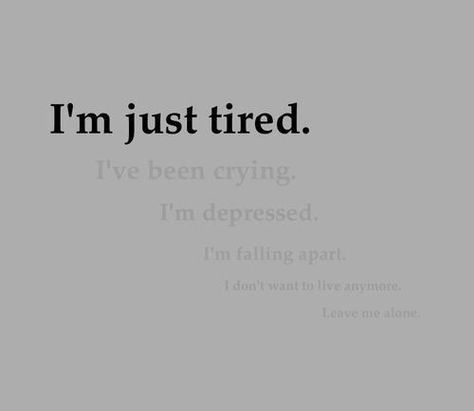 Suppressing negative feelings creates an emotional vacuum that leads to overthinking and the inability to turn off your head. Trying to cope with the problem unemotionally, we are faced with the fact that negative thoughts continue to spin endlessly in our heads.
Suppressing negative feelings creates an emotional vacuum that leads to overthinking and the inability to turn off your head. Trying to cope with the problem unemotionally, we are faced with the fact that negative thoughts continue to spin endlessly in our heads.
Let's take, for example, Alexander, one of my clients, who had a hard time dealing with the death of a loved one. Instead of openly mourning and allowing himself to be sad, he suppressed his pain. Suddenly, he found himself obsessed with medical bills, the funeral of a loved one, the constant thinking of the "what if ..." scenario. Over time, his world got smaller and smaller. Now Alexander was afraid to meet friends and spent most of his time at home, in his thoughts, over and over again reproducing in his mind the negative events of the past.
Consider another example. After the divorce, Valentina forbade herself to experience all the feelings that are natural in this situation (anger, loss, sadness) and, in order not to plunge into painful memories, she began to obsessively monitor her own weight.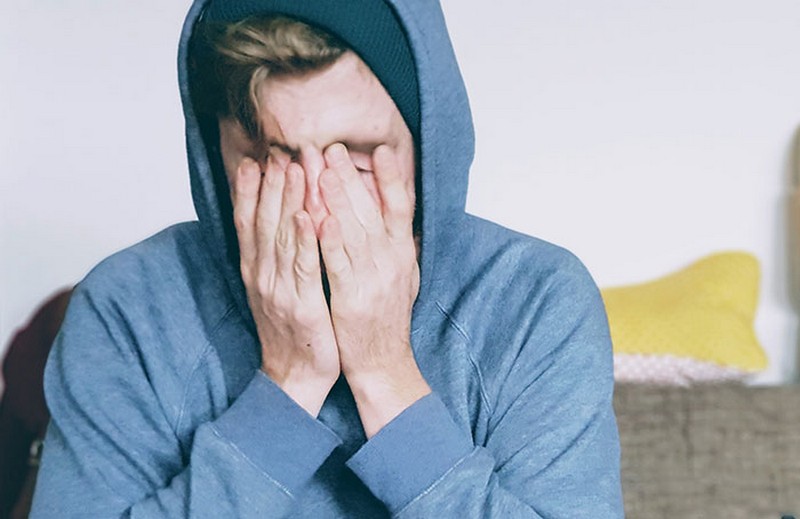 Valentina constantly remembered everything that she ate or didn’t eat that day, pondered the next meal, imagined how she would look in S or XL clothes. So she tried to occupy her thoughts so as not to think about divorce, not to feel pain.
Valentina constantly remembered everything that she ate or didn’t eat that day, pondered the next meal, imagined how she would look in S or XL clothes. So she tried to occupy her thoughts so as not to think about divorce, not to feel pain.
The avoidance only increased the loss that Valentina could not fully live through emotionally, and thereby further perpetuated her unhealthy relationship with the body.
If you suffer from chronic anxiety, you most likely have a habit of suppressing negative emotions. Perhaps you are aware of your anxiety, but do not want to understand what is at its source or provokes it.
No matter how unpleasant the state of anxiety is, it is even more difficult to cope with negative emotions, such as anger or sadness, shame or guilt.
Let's find out what steps can help you deal with them.
Strategy: Explore your anger
If you suffer from anxiety, you are most likely accustomed to simply shrugging off your anger when you feel it coming.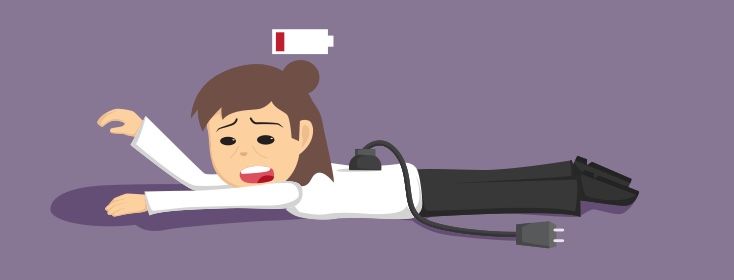 Anger and anger contributed to the adaptation of our species in the process of evolution, as they encouraged a person to defend himself and defend his boundaries.
Anger and anger contributed to the adaptation of our species in the process of evolution, as they encouraged a person to defend himself and defend his boundaries.
- Be aware of your anger. Notice when your body becomes tense, your jaw is clenched tightly, or your heart is racing. Instead of habitually plunging into a whirlpool of anxiety, ask yourself: “What feelings can I push away now?”, “What am I missing?”, “Perhaps I feel anger, anger?”.
- For 10 minutes, without being distracted by extraneous activities, without thinking about problems, without criticizing yourself, let this feeling just be.
- Take a deep breath in and out just watching your anger.
Strategy: Explore your sadness
Many of us would rather work through any other emotion, even anger, rather than being alone with our sadness.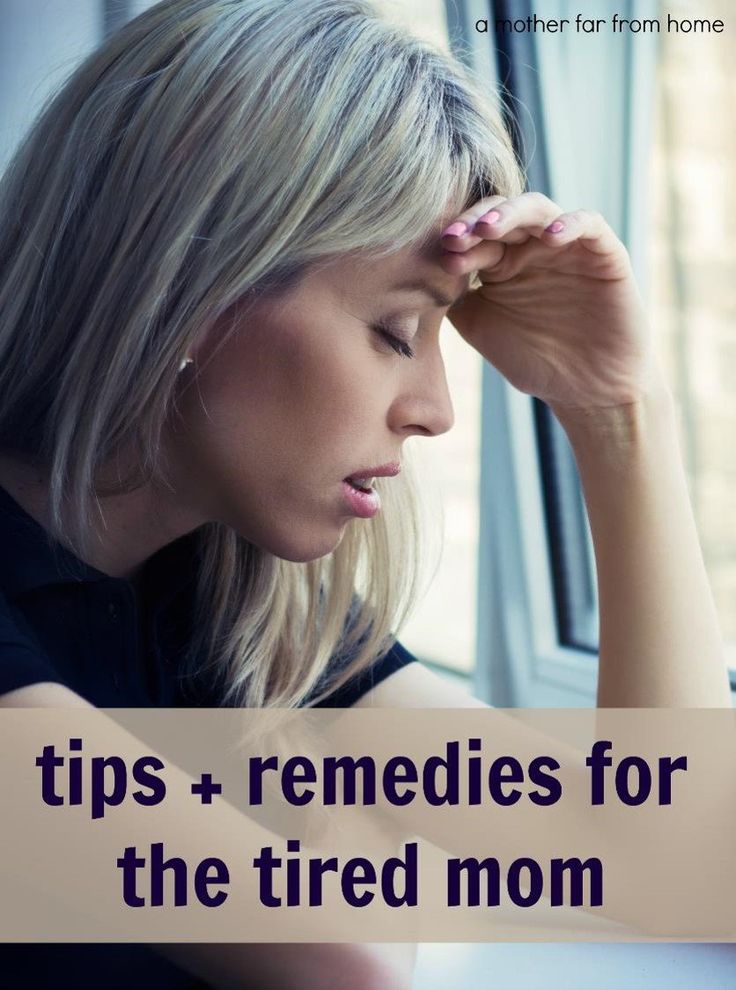 A short meditation is the safest way to live a negative emotion by inviting it into your consciousness without letting it overwhelm you. Facing sadness on your own terms will give you an edge over sadness, and you'll realize that it's okay to allow yourself to experience sadness.
A short meditation is the safest way to live a negative emotion by inviting it into your consciousness without letting it overwhelm you. Facing sadness on your own terms will give you an edge over sadness, and you'll realize that it's okay to allow yourself to experience sadness.
- Sit in a comfortable position and relax. Close your eyes. Let your body feel relaxed as you breathe in and out.
- Let sadness into your consciousness, remember the moments when sadness took possession of you. Remember when you felt sad, but it remained ignored and unlived. Look at your relationships, accomplishments, life experiences, and various circumstances through the lens of sadness.
- Be a careful and sensitive observer. Where in your body do you feel sadness? Do you feel a response in your stomach, in your eyes? Do you feel weak and vulnerable? You may find yourself wanting to cry or hide.
 The heart may begin to beat rapidly or there will be a compressive heaviness in the chest.
The heart may begin to beat rapidly or there will be a compressive heaviness in the chest.
- Notice if the voice in your head is trying to distract you from your inner self. If this happens, gently bring your attention back to the sad memories.
- Your experience wants you to see it and stop suppressing or hiding it. Repeat to yourself: “Sadness, I know that you are in me. I feel you. I am close to you".
- Feel sadness as you inhale. Then try to let it go more and more with each exhalation. Notice the moments when this feeling arises, and also that observing it allows you to experience it less intensely.
How do you feel about your emotions?
We downplay our real, normal emotions by telling ourselves, “I shouldn’t feel this,” or “If I give in to negativity, then I’m weak,” or “I’m a failure if I’m depressed all the time,” or : "No one can ever love me because I can't control my emotions. " Criticizing ourselves for the manifestation of emotions, we only worsen our already shaky internal state. In addition to the initial emotional pain or emotional decline, we begin to feel worthless due to the fact that we allowed ourselves to experience this or that emotion.
" Criticizing ourselves for the manifestation of emotions, we only worsen our already shaky internal state. In addition to the initial emotional pain or emotional decline, we begin to feel worthless due to the fact that we allowed ourselves to experience this or that emotion.
"I'm a sorry loser to feel so bad." You continue to torment yourself with this thought, even if the emotions that took possession of you are natural in this situation.
In Western culture, the idea has taken root that only a person who does not experience suffering and negative emotions can be happy.
Take, for example, Tanisha, one of my clients. As a child, whenever she was upset or angry, her parents brushed her off by saying "stop it!" or reproached the girl for "taking everything too personally." At school, the grown-up Tanisha increasingly wondered what was wrong with her. And when someone offended her or she felt loneliness, fatigue, or doubted her abilities, she closed herself more and more, scolding herself for what the light was: “Stop, no one cares!”, “Why can’t you calmly react like everyone else ? By the time Tanisha grew up, so many unlived negative emotions had accumulated in her soul that they began to break out in the form of panic attacks.
We cannot help feeling angry or sad, but it is in our power to be sensitive and attentive to ourselves at such moments.
The following strategies will help you stop judging yourself for negative emotions and find ways to express them in an environmentally friendly way.
Related material
Strategy: Judgment of Anger
When you stop judging yourself for being angry, you can deal with it.
Think about your associations with intense anger, whether it be memories from childhood or events from adult life.
Write down in a notebook 4-5 words that you associate with anger.
Why do these words evoke such a connection in the mind? How was this judgment born in you? Did these associations come from observing other people or from the reactions of others to your display of anger? Are the words you wrote down negative? If yes, why?
What word do you most strongly associate with anger? Now think about its antonym. Can you look at anger in an atypical way using this antonym?
Can you look at anger in an atypical way using this antonym?
For example, the first words that come to mind for many people are "uncontrollable" or "destructive." Antonyms of these words can be "controlled" and "useful".
Controlled expression of anger is helpful. It allows us to set boundaries and protect ourselves.
Strategy: Judgment of Sadness
Sadness is an emotion that comes from grief, rejection, or feeling defeated, unwanted, or unloved.
Usually all this brings with it a sense of loss.
The longer you ignore your sadness, the more pronounced your anxiety becomes.
Whatever kind of loss you experience, whether it be the loss of something valuable or the death of a loved one, it is very important to recognize and accept your sadness.
Think of three or four specific times you tried to push away your feelings of loss, grief, failure, or rejection.
Have you been honest with yourself or with others about how sad you were?
— Did you plunge into a funnel of anxiety instead of experiencing the pain?
— What prevented you from simply being sad? What did you think about your sadness then?
— Do you think ignoring sadness helped you more or worsened your condition?
Feelings cannot be right or wrong. Your experiences need to be seen and accepted; no more, but no less.
Stop judging yourself for sadness (short meditation)
It is very important to be able to monitor your emotions and feelings without pushing or rejecting them. With the help of this short meditation, you will be able to look at your constantly changing emotions a little from the side.
Sit comfortably. Cover your eyes. Bring more attention to your breathing, noticing the rise and fall of your chest. Allow any feelings and emotions to emerge in consciousness. Notice them from the position of an internal observer.
Allow any feelings and emotions to emerge in consciousness. Notice them from the position of an internal observer.
Your inner observer does not judge or criticize or force you to change how you feel. It only captures what you experience.
For example, your inner observer might give names to experiences such as "chest tightness", "anxiety", "excitement" or vice versa: "calmness" and "peace". If this observer notices that the mind begins to criticize or condemn any of the experiences, simply call it "criticism" or "evaluation." Note that as you observe and name your state, it gradually fades away, and then you observe and name the new state. Do this with all the emotions that disturb you.
Related material
Towards negative emotions
The idea that only a person who does not experience suffering and negative emotions can be happy is rooted in Western culture. But in fact, we all experience difficult feelings from time to time. And when they "catch up" with us, we feel absolutely crushed. Convinced that we have made some terrible mistake (otherwise why would we feel so bad?), we begin to tighten the screws, establish tighter controls in order to avoid, push away or otherwise prevent ourselves from sinking into the abyss of despair and sadness.
But in fact, we all experience difficult feelings from time to time. And when they "catch up" with us, we feel absolutely crushed. Convinced that we have made some terrible mistake (otherwise why would we feel so bad?), we begin to tighten the screws, establish tighter controls in order to avoid, push away or otherwise prevent ourselves from sinking into the abyss of despair and sadness.
All people experience negative emotions to some extent, including anxiety. Even those who do not suffer from an anxiety disorder are not immune to anxiety outbreaks - this is an integral part of our life.
Accepting your emotions means realizing that negative emotions are also part of you, and when you stop fighting them, you will finally feel relieved. It is important to understand that it is completely normal to experience negative feelings.
Accepting a negative experience or an unpleasant situation does not mean at all that you wanted it to happen to you, or that you have to give up today's life, plunging into the suffering and pain of the past. Acceptance does not mean that you will become a hostage to your pain, which will now rule your life. Acceptance does not oblige you to love what you experienced. The main point is to see things as they really are.
Acceptance does not mean that you will become a hostage to your pain, which will now rule your life. Acceptance does not oblige you to love what you experienced. The main point is to see things as they really are.
The Chinese finger trap metaphor, often used in acceptance and responsibility therapy, is a good example of how dealing with negative emotions leads to increased emotional pain. The finger trap is a small hollow wooden cylinder. Wanting to have some fun, the child sticks his fingers into the holes on both sides. But when the game gets boring, he wants to free himself, pulls in different directions, and bam! His fingers are trapped inside the cylinder. In an attempt to get rid of the toy, a child who is not familiar with the principle of its operation begins to pull his arms even more strongly to the sides. But the more he tries to pull his fingers out of the trap, the more the cylinder shrinks, causing panic and fear in the victim. The way out of this situation is simple: you should not try to remove your fingers in the standard way (spreading them in different directions), but, on the contrary, bring them closer.
